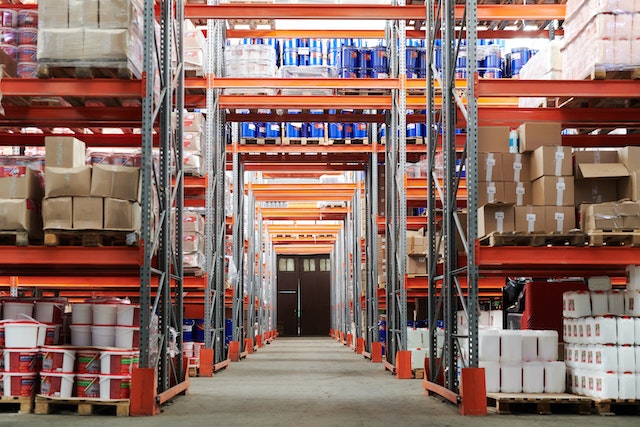Protecting your company’s employees, property, and data from harm, such as destruction or theft, requires taking reasonable measures to ensure their safety. You cannot afford to have any of your property taken or destroyed.
Invest in Security Upgrades
You can effectively deter potential intruders from targeting your business by taking security measures to make it less tempting.
The cost and risk of committing a crime affect a person’s willingness to engage in the act. Alarm systems, closed-circuit television, smart locks, and armed guards are a few examples of maximizing your home’s security.
If your company relies heavily on digital assets, you should always utilize the most recent version of the software. Outdated software is more prone to errors and malfunctions. It can have far-reaching consequences, including lowering the security of the software and making it easier for hackers to access any data it may be storing.
Keep an Inventory of Your Possessions
Maintaining an inventory of valuables is one strategy for businesses to safeguard their physical property. All assets, their locations, and their values should be listed. These details aid companies in keeping track of assets and ensuring they are safe.
A thorough audit of your company’s possessions is possible with the help of web-based CMMS software. This software allows businesses to monitor the condition of physical assets that may require maintenance or replacement over time. You can use it along with asset tracking bar codes. If you’re curious about how this software works, you can schedule an asset management online demo.
Hiding or Relocating Valuable Items
You can devise a plan to conceal small, valuable items you can’t lock away. Different places where you can hide valuables include:
- The bottom of a desk drawer
- A basic filing cabinet
- Even a bookshelf
The goal of burglars is to grasp what they can quickly and escape with assets they can easily access. You can secure devices like computers to their respective workstations with brackets and other anchoring methods to deter theft. Locking up valuables in storage spaces like desk drawers is one technique to ensure nothing gets stolen from your workplace.
It is advisable to have a witness present while transporting assets from one place to another. It is easy to misplace or lose valuable items, including documents, laptops, flash drives, and smartphones.
Managing Entry Into Premises
With electronic access control, you can securely lock and unlock your business’s doors from anywhere. Only authorized individuals can enter the restricted area. Your service provider may install and link a digital locking mechanism to your existing entry system. Then, you will be able to monitor who is allowed access and who is not.
You can establish any entry requirements for employees and other permitted guests. These can take the form of anything from a fingerprint scanner to a keypad or swipe card. Some companies use this security system to ensure that only authorized personnel are allowed inside the facility.
Take the example of a secure area housing priceless assets only approved individuals should view. The access control system enables granular control over permissions at each location. Using a cloud-based access control solution makes this a breeze to set up.
Maintaining a Regular Schedule
Preventing early breakdowns and maximizing the usefulness of physical assets are both aided by regular maintenance. Inspecting and cleaning equipment regularly, fixing any damage as soon as possible, and storing valuables are all examples of maintenance practices.
You can ensure your physical assets are secure and in good shape by keeping up with routine maintenance. Maintaining your assets, like computers, regularly will save you money in the long run by preventing the need for expensive repairs or replacements.
Insuring your physical assets might help you recover your losses in case of any incidences such as theft or breakdown. You may secure your assets and maintain efficient operations by implementing these measures. You must also understand data security laws and policies and have enough insurance.
Conclusion
It is critical for the success of your business that you take every measure to protect the physical property you own. Whether it’s security, maintenance, or safekeeping, using these tried-and-true measures is essential if you want to safeguard the material possessions of your business from the risk of loss, destruction, or damage.

